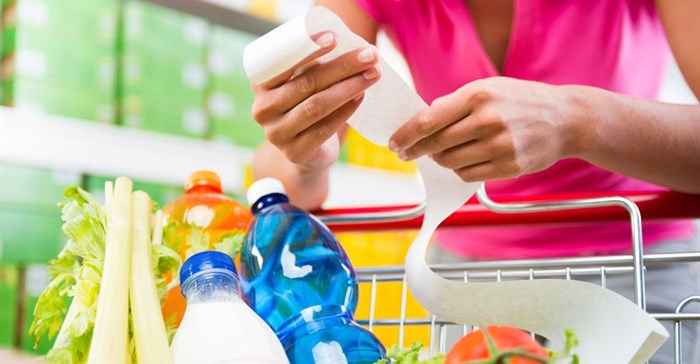86% of SA consumers concerned about rising prices - survey

The tracker, which measures consumer sentiment across 23 countries for October 2021, revealed a trend towards a greater focus on introspection, wellbeing and purpose amongst consumers globally. Generally, consumers are valuing time more than ever, and saving for the future with an aim to balance experiences and material possessions.
The survey found that safety perceptions, measured by the number of day-to-day activities perceived as safe, correlate with spending versus saving priorities. Growth in safety perceptions have stabilised since June, and South Africa falls within the global average of this metric. Still, fewer South Africans feel they are spending more than the previous period compared to the other markets surveyed, with just 13% feeling they are spending more.
“Consumers are increasingly confident in the safety of various day-to-day activities, although we’re not seeing a rise in their spending priorities,” said Rodger George, Africa consumer industry leader at Deloitte.
“The data also shows us that consumers are becoming increasingly concerned about rising prices and given the context of the new Omicron variant. This puts a grey cloud over South Africans’ pent-up demand, desire to socialise and resume to traditional spending habits throughout the festive season.”
Personal finances
When it comes to personal household finance, there’s a stark contrast in how South Africans feel now versus their future prospects. South Africans are the fourth most financially anxious consumers of the markets surveyed due to current pressures, yet 3 in 4 people are optimistic about their long-term financial situation. This is far above the 49% global average, beating out markets like China, Mexico, the US, and UK with its optimism rating.
South Africans also remain as concerned as they have been throughout the pandemic about their savings balance, with 79% of respondents noting this. There has also been a jump in those South Africans delaying large purchases they would have otherwise made at 64%, up from 51% last year.
More than 1 in 3 South Africans are also living beyond their means, turning to credit to stretch their income as prices rise. Eighty-six percent of South Africans are more concerned about inflation in prices for common goods, nearly 20 points above the global average. The largest concern is around groceries, where 78% of South Africans believe prices are higher compared to last month.
SA spending and shopping trends
While we have battled recurring spikes in Covid-19 cases, the general decline has made consumers more comfortable to return to social activities like going to shops, restaurants, flying or staying in a hotel. We’ve also seen online purchase intentions moving along with the rise and fall in infection numbers.
Importantly, share-of-wallet allocation remains steady. South Africa’s discretionary spending intentions remain below the global average, reflecting socio-economic conditions in the country where groceries and housing dominate share of wallet.
In South Africa there is a generally widespread belief that climate change is an emergency with over half of respondents confirming they are anxious, putting the country in the top four most concerned markets behind India, Mexico and Brazil.
It is this belief that drives sustainable purchases within consumer-packaged goods, with 55% of consumers confirming they’ve purchased a sustainable product or service within the last four weeks, mostly food and beverages or everyday household goods.
Difficult festive season for retail
“South Africans continue to be inherently optimistic about their long-term future, anticipating signs of improvement. That said, we anticipate that retailers are in for a difficult period over this festive season,” said George.
“Retailers should be clear on their value offering and proposition to consumers. They should focus on customer experience, product assortment and fulfilment across all channels and also focus on categories that promote experiences such as wellbeing, food and celebrations,” he concluded.































